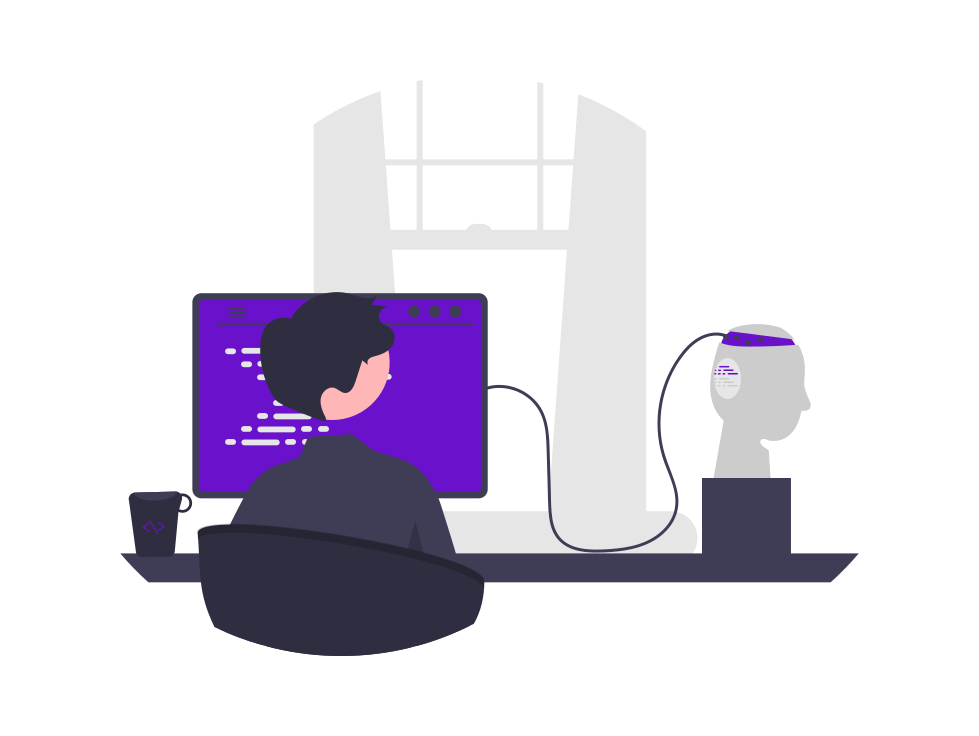Artificial intelligence (AI) is no longer a futuristic concept; it's a reality that is reshaping various industries, including marketing. One of the most impactful areas of this transformation is marketing automation. AI is driving significant changes in how businesses approach and execute their marketing strategies. In this blog, we will explore the revolutionary role of AI in marketing automation, highlighting its capabilities, benefits, and future potential.
Unleashing the Power of AI in Marketing Automation
1. Enhanced Customer Insights
AI analyzes vast amounts of data to extract meaningful insights about customer behavior, preferences, and trends. This deep understanding enables marketers to create highly targeted and personalized campaigns. By leveraging AI, businesses can segment their audience with unprecedented accuracy, ensuring that their marketing messages resonate more effectively.
2. Predictive Analytics
AI-powered predictive analytics can forecast customer actions, such as future purchases or churn risks. This capability allows marketers to anticipate customer needs and tailor their strategies accordingly. Predictive analytics helps in optimizing marketing efforts, ensuring that resources are allocated efficiently to maximize ROI.
3. Personalization at Scale
Personalization is a key driver of customer engagement and loyalty. AI enables marketers to deliver personalized content, recommendations, and offers to each customer based on their unique profile and behavior. Unlike traditional methods, AI can scale personalization efforts to reach millions of customers simultaneously, maintaining a personal touch at scale.
Streamlining Marketing Operations
4. Automated Content Creation
AI can generate content, from blog posts to social media updates, tailored to specific audiences and purposes. Natural language processing (NLP) algorithms enable AI to create human-like text that engages and informs the audience. This automation saves time and ensures a consistent flow of content.
5. Smart Campaign Management
AI-driven marketing automation platforms can manage and optimize campaigns across multiple channels. These systems use machine learning to analyze campaign performance in real time, adjusting strategies to improve outcomes. AI ensures that campaigns are continually refined for maximum effectiveness without manual intervention.
6. Dynamic Pricing and Offers
AI algorithms can adjust pricing and offers dynamically based on market conditions, demand, and customer behavior. This agility allows businesses to remain competitive and respond quickly to changes in the market. Dynamic pricing strategies powered by AI can significantly boost sales and profitability.
Boosting Customer Engagement
7. Chatbots and Virtual Assistants
AI-powered chatbots and virtual assistants provide instant, 24/7 customer support. They can handle routine inquiries, process transactions, and offer personalized recommendations. By enhancing customer service, these AI tools improve customer satisfaction and free up human agents to handle more complex tasks.
8. Sentiment Analysis
AI can analyze customer feedback, reviews, and social media interactions to gauge sentiment. Understanding how customers feel about products, services, or brands allows marketers to address issues proactively and tailor their messaging to align with customer sentiments. Sentiment analysis helps in building stronger customer relationships.
Future Potential of AI in Marketing Automation
9. Hyper-Personalization
The future of AI in marketing automation lies in hyper-personalization, where every interaction is tailored to the individual at a granular level. AI will continue to evolve, leveraging more data points and advanced algorithms to create even more personalized experiences.
10. Autonomous Marketing
AI is heading towards autonomous marketing, where AI systems can independently create, execute, and optimize marketing strategies without human intervention. These systems will be able to make real-time decisions, adapting to market changes and customer behavior instantaneously.
11. Enhanced Creativity
While AI handles data and automation, it also augments human creativity. AI tools can provide insights and suggestions that inspire marketers to develop innovative campaigns. This synergy between AI and human creativity will lead to groundbreaking marketing strategies.
Conclusion
Artificial intelligence is revolutionizing marketing automation by providing deep insights, enabling predictive analytics, and personalizing customer interactions at scale. It streamlines marketing operations, enhances customer engagement, and holds immense future potential with hyper-personalization, autonomous marketing, and enhanced creativity. As AI continues to advance, it will undoubtedly play an even more integral role in shaping the future of marketing.


